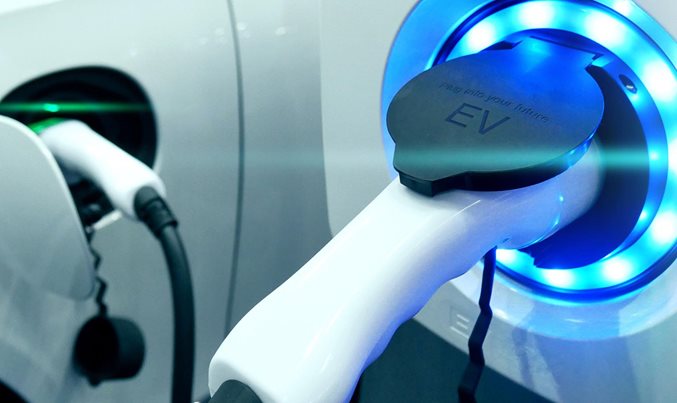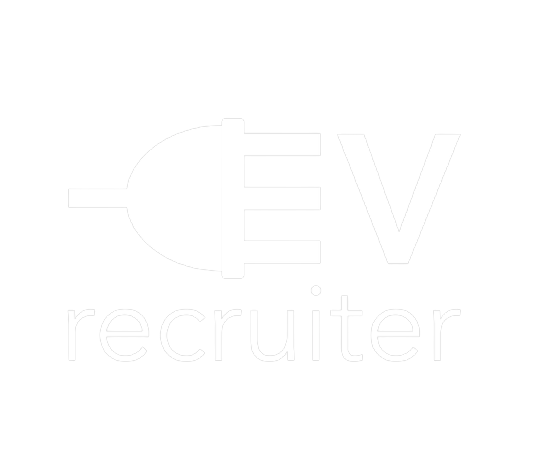
Charging infrastructure is a key element of the electric vehicle charging system. It is a way to charge electric vehicles at home or in an office while they are plugged in. In Europe, people are fond of riding an EV hence there is strong need of public EV charging points.
EU Parliament has taken some major steps to widespread EV infrastructure and recently, they’re considering imposing sanctions on member states and charge point operators that are not in line with the European plans to accelerate charging infrastructure.
This article will explore the implications of potential fines and delays in the roll-out of charging infrastructures.
EU Directive for the Development of Charging Infrastructure?
Charging infrastructure for electric vehicles is crucial for developing the market for electric vehicles. The EU has set out plans to accelerate the installation of charging stations, but member states are falling behind.
About 677,000 charging stations were supposed to be installed by 2020 as per the EU directive, but only 377,000 have been put in place. This leaves a significant gap that needs to be filled on a priority basis. Members of parliaments are set to vote on substantial fines this month. Charging infrastructure operators could also face penalties for not complying with EU requirements.
How Far Behind Target Are Member States?
Member states have been falling behind in the installation of EV charging infrastructure, as mandated by the European Union. As a result, the EU Parliament has serious concerns towards the goal to accelerate charging infrastructure roll-out. These sanctions could come in significant fines this month since member states are nearly 50% off target.
Sanctions and Punishments by EU Parliament
According to the suggestions by a few MPs, a state should be fined with an amount of at least 1000 euros for not installing an EV charging station as per directive of national plan. The new charging infrastructure was intended to make Emobility charging more accessible to consumers but unfortunately the target is not met.
Penalties for delaying the offensive again through inaction by charging point operators:
There is a strong argument under discussion that there should also be a strict action against the charge point operators and EV charging companies that are not serious about maintaining their charging stations and don’t offer easy payment gateway like card payments for EV drivers.
What Are the Challenges to Rolling Out Charging Infrastructure?
An obstacle is that technology isn’t always reliable. As a result, drivers often find themselves in a position where they have to queue for a charging point, only to discover that it’s not working. This can be an incredibly frustrating experience if you’re traveling long distances and relying on charging networks to get you from A to B.
There are financial challenges. Charging infrastructure is expensive to install and maintain, and operators need to be able to recoup these costs to make it economically viable. This can often be a challenge, as subsidies for electric vehicles are not always available or sufficient.
Conclusion
It seems that numerous member states are lagging in installing charging stations, and if this trend continues, the EU MPs could definitely vote to impose significant fines this month.
Countries must get on board with the directive to install more charging stations so electric vehicles can become mainstream. This will reduce emissions, save drivers money, and create jobs. Charging infrastructure is key to the success of electric vehicles, so countries must do their part to install more public charging stations.


